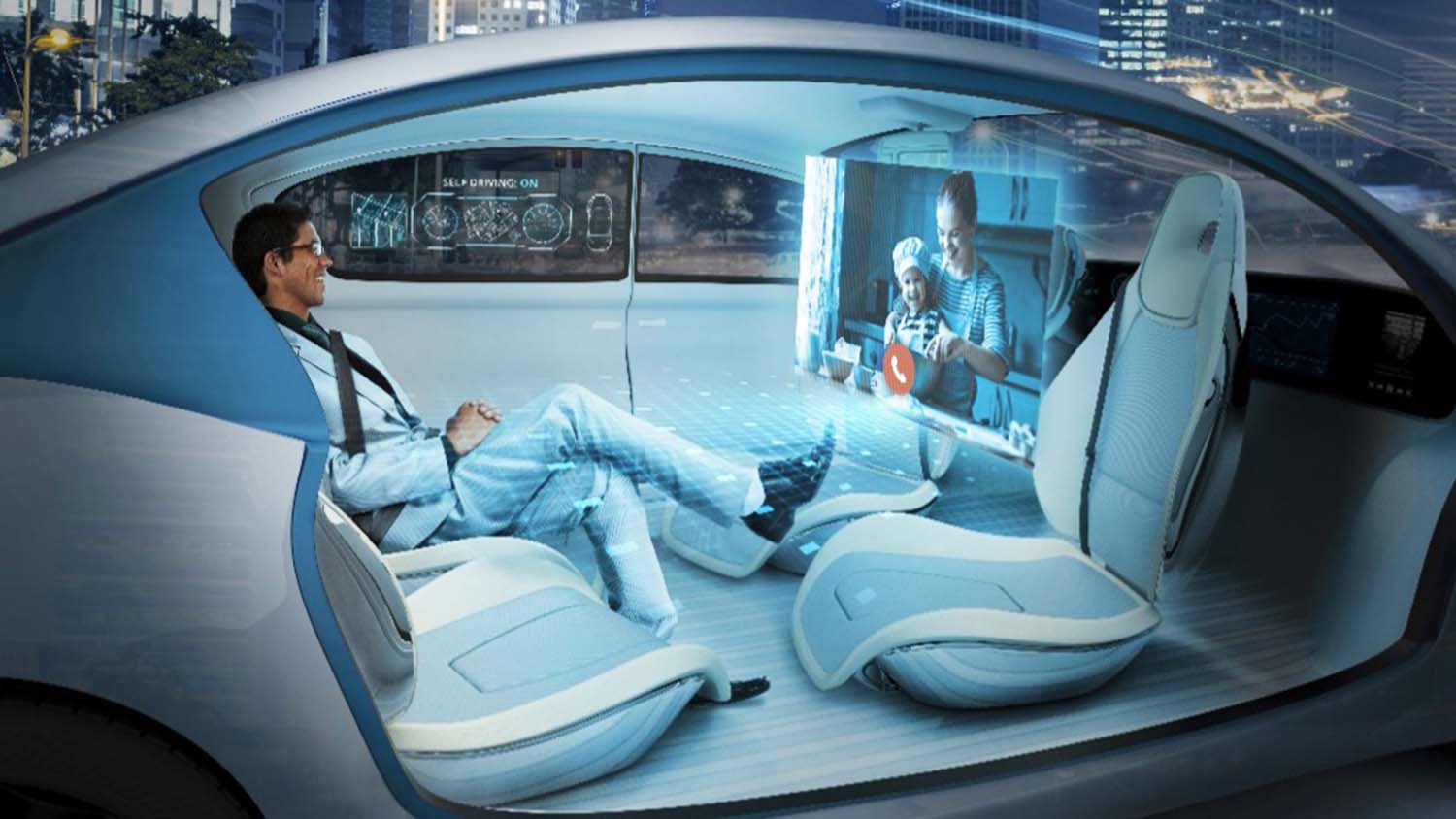BJ255 Insights
Exploring the latest trends and news in various fields.
When Cars Drive Themselves: Will Humans Become Obsolete?
Discover how self-driving cars could reshape humanity's role. Are we on the verge of obsolescence in a world of autonomous vehicles?
The Future of Mobility: How Self-Driving Cars Could Redefine Human Roles
The advent of self-driving cars is not just a technological innovation; it is a paradigm shift that will redefine human roles in various aspects of daily life. As autonomous vehicles become more reliable and widespread, traditional roles such as professional drivers are likely to diminish. A report from the McKinsey Global Institute highlights that the transportation industry could see a shift where human labor is replaced by sophisticated algorithms and artificial intelligence systems. This transition not only impacts employment but also requires society to rethink how we allocate skills and resources.
Moreover, the integration of self-driving technology into urban environments is poised to enhance the efficiency of our transportation systems. For instance, cities may evolve into more pedestrian-friendly spaces as autonomous vehicles reduce the need for extensive parking areas. According to the International Telecommunication Union, cities implementing smart mobility solutions can expect to improve air quality, decrease traffic congestion, and optimize urban planning. In this future landscape, human roles will shift towards managing and monitoring these technologies, emphasizing the need for a new skill set in both technology and infrastructure management.

Are We Ready for Autonomous Vehicles? Debating the Impact on Employment and Society
The question of whether autonomous vehicles are ready for widespread adoption is complex and multifaceted. Proponents argue that these vehicles could significantly reduce traffic accidents, enhance mobility for individuals unable to drive, and lower transportation costs. However, there are concerns regarding their potential impact on employment. Industries such as trucking, delivery services, and public transportation could see massive job displacement as self-driving technologies become more prevalent. An estimated 10 million jobs in the U.S. could be at risk, prompting a need for reskilling and workforce transition programs.
Moreover, the societal implications of an autonomous vehicle future necessitate serious consideration. The shift in transportation paradigms could exacerbate existing inequalities if access to these vehicles is predominantly available to wealthier populations. Societal adaptations will be crucial; urban planning and infrastructure may need to evolve to accommodate increased reliance on autonomous technology. Furthermore, ethical dilemmas surrounding decision-making in unavoidable accident scenarios highlight the need for robust regulatory frameworks that address accountability and safety. As we venture into this new era, it is essential to engage in open dialogues that shape the future of transportation while safeguarding employment and equality.
Will Self-Driving Cars Lead to a World Without Drivers? Exploring the Implications for Humanity
As self-driving cars become more sophisticated and widely adopted, the question arises: will self-driving cars lead to a world without drivers? This technological advancement not only promises increased safety and efficiency on the roads but also raises profound implications for employment and urban design. According to a report by Brookings Institution, it's estimated that millions of driving-related jobs could be at risk, which could lead to significant unemployment in sectors ranging from trucking to taxi services.
The shift towards autonomous vehicles may also influence our urban environments. Without the need for parking spaces and with improved traffic flow, cities could be redesigned to prioritize pedestrian areas and green spaces, fostering more vibrant communities. However, this transformation raises important ethical and regulatory questions. As RAND Corporation suggests, there must be careful consideration regarding how self-driving technology is integrated into society, especially in terms of safety and public acceptance. The prospect of a world without drivers not only challenges our perception of mobility but also signifies a potential paradigm shift in how we interact with technology and each other.